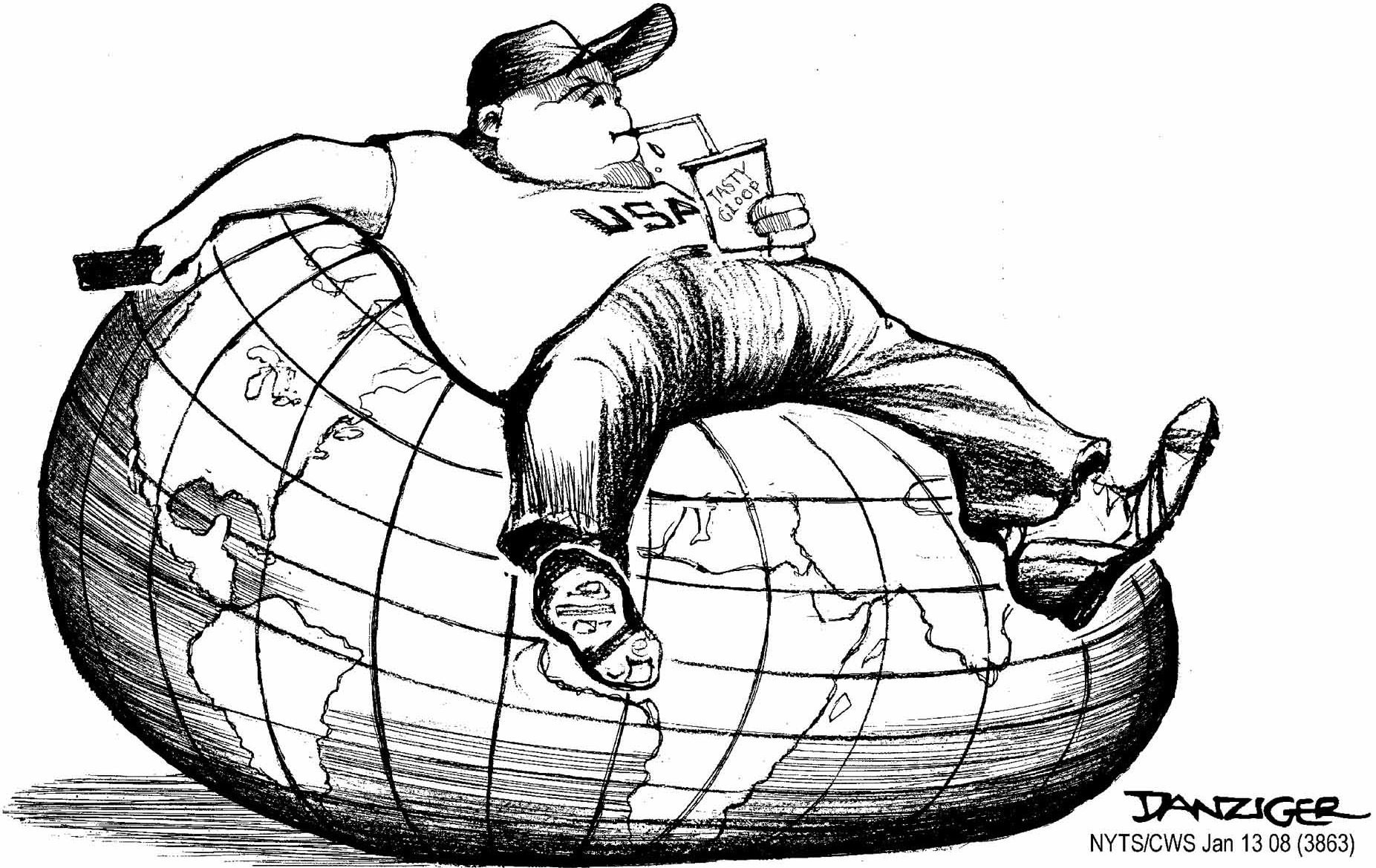Over the last couple of years, scientific studies have cast doubt on the simple and elegant idea of calorie counting. No one's disputing the physics of it: A calorie is nothing but a measurement of the energy stored in food, and indeed, if you eat too few calories, you will start burning up your own tissue. What's being called into question is the conventional wisdom that to lose weight, people should readjust their ratio of calories eaten to calories burned.
For example, a spate of recent studies have shown people who start exercise programs fail to lose much weight. One study found that people who did lose large amounts of weight later gained 70 percent of it back, even though they continued to consume fewer calories. The problem is that we're not in charge of running our bodies. Even with modern food labeling and calorie-counting apps, forces beyond our conscious control keep fiddling with how many calories we burn each day, and how hungry we feel.
The long-standing illusion of control has implications for health care policy in the United States, since obesity is tied to the major killers — heart disease; diabetes; and, to a lesser extent, cancer and Alzheimer's disease. Many Americans wrongly think that the two-thirds of their fellow citizens who are overweight or obese are to blame for eating too many calories.



















With your current subscription plan you can comment on stories. However, before writing your first comment, please create a display name in the Profile section of your subscriber account page.